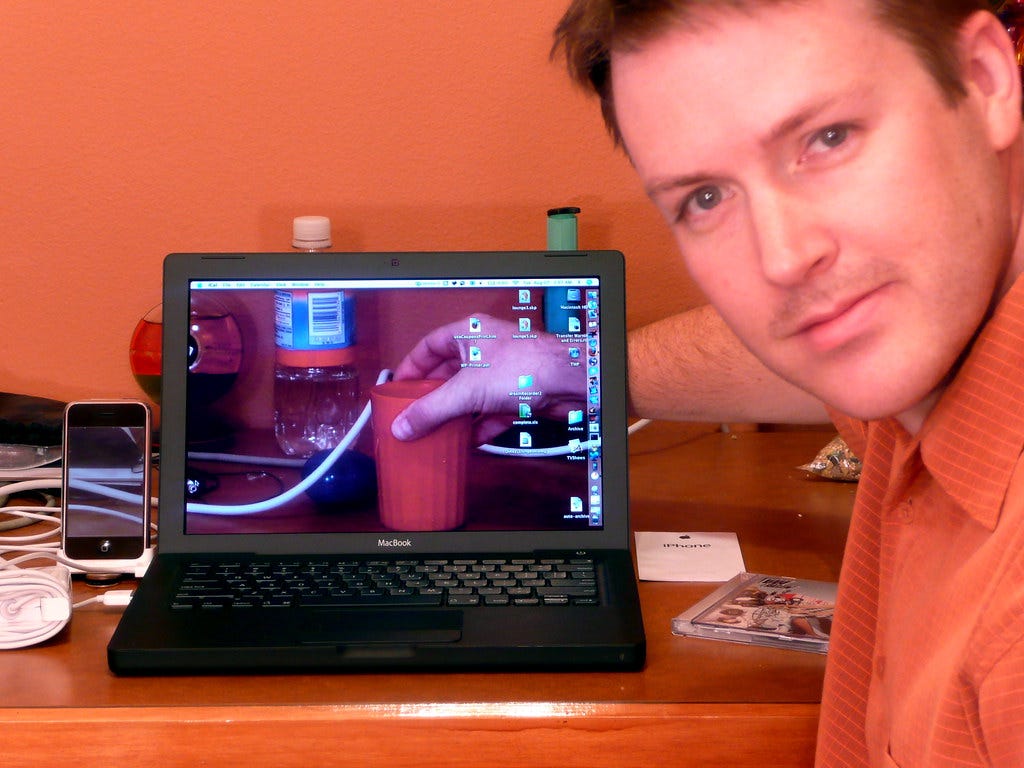Imagine that you are chatting with your friend in WhatsApp about the newest lipstick that just launched, and then you open your Instagram only to find that it’s filled with the advertisement of this lipstick you just talked about. Or you are having a conversation with your colleagues about having a movie night after work and then you open your phone, seeing all kinds of movie recommendation in TikTok. Things like that happen to me every day, and I address it to my friend as “my phone is monitoring me”.

If you find yourself relate to this experience, then welcome, you are in the digital media age. The recommendation system is what all the giant internet companies use to enhance their users’ experience. Everything online has now become personalized for everyone, from Spotify recommendation list to Amazon shopping list. And as platforms now use recommendation algorithm to customize contents for their users, it creates an appearance that the algorithm helps a lot in reflecting users’ preference and saving their time by actively recommending the contents they are looking for. But actually, what the algorithm did is more than just reflecting, it shapes the users’ preferences and behaviors.
As long as you stay online for long enough time, you will finally find out that what you see in social media is quite limited, filled with repetitive contents. But if you happen to catch a glimpse of your friend’s social media page, you might see completely different contents. That’s the power of recommendation system. The world is more than what we see but the algorithms make us mistakenly believe what we see is the world. We become predictable in front of the technology, and to some extent, the technology limits our views. Once the algorithm learns our preferences, it will feed us with contents it thinks fit our interests. And every second you spend in browsing these recommended contents helps reinforce its inference of our interests. Hence a loop is formed. The more you use these platforms, the better they know you. You will be exposed to more specific contents made especially for you, and what you see is no longer what you like but what the platforms consider you like.
While after I recognized this problem and pointed out to my friend, I started to receive recommended contents which teach me how to prevent my phone from collecting my information. This is another way of how the recommendation system can change our behavior: rejection. With the algorithm penetrating all aspects of our lives, the impact it brings to human becomes more ostensive. The first thing is the transparency of the system. The recommendation system has already known us like the palm of its hand, but we barely know anything about it, especially how it works and when it will be working. The sense of insecurity creeps in every time I think about that my phone is probably listening to me even it’s my sleep talk. Everything about us is becoming digitized, and it makes me feel kind of stripped naked in front of the algorithms. We are already transparent to them, when will they become transparent to us?

This also leads to the second problem: is there a breach of privacy? Unfortunately, current legislation still fails to provide strict regulations about the boundary of data collection the platforms are entitled to. Coming back to my story, when I discovered the contents about “how to stop my phone from monitoring me” in my social media recommendation, I found it quite hilarious: my phone already knows that I hate it monitoring me, but it still keeps doing so. After all, algorithms are emotionless codes that couldn’t understand the human sense of boundaries.
Read more: How Recommendation Algorithms Shape Your Online Experience.By Open Technology Institution
Here’s the conundrum we’re left with: if we can’t avoid being collected as data, the current option we have is we either choose to accept it and live with it or we bid farewell to digital media once and for all. But I guess at a time when mobile phone becomes the necessity of our life, disengaging from mobile devices is even harder than completely say goodbye to dental ulcer.

So, if it becomes an irresistible trend that we will eventually become transparent to the platforms, will you submit to it or fight for your right? Leave your comment below.


